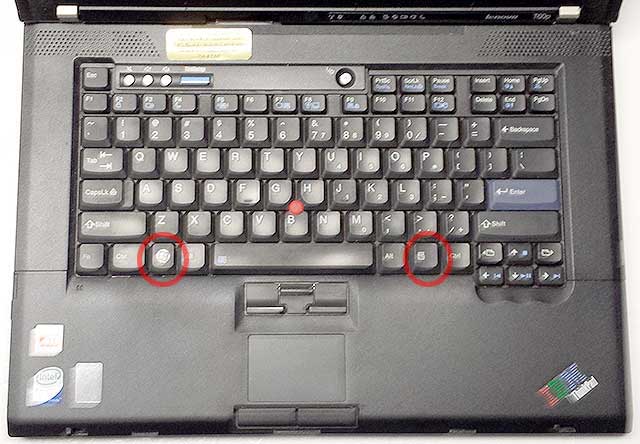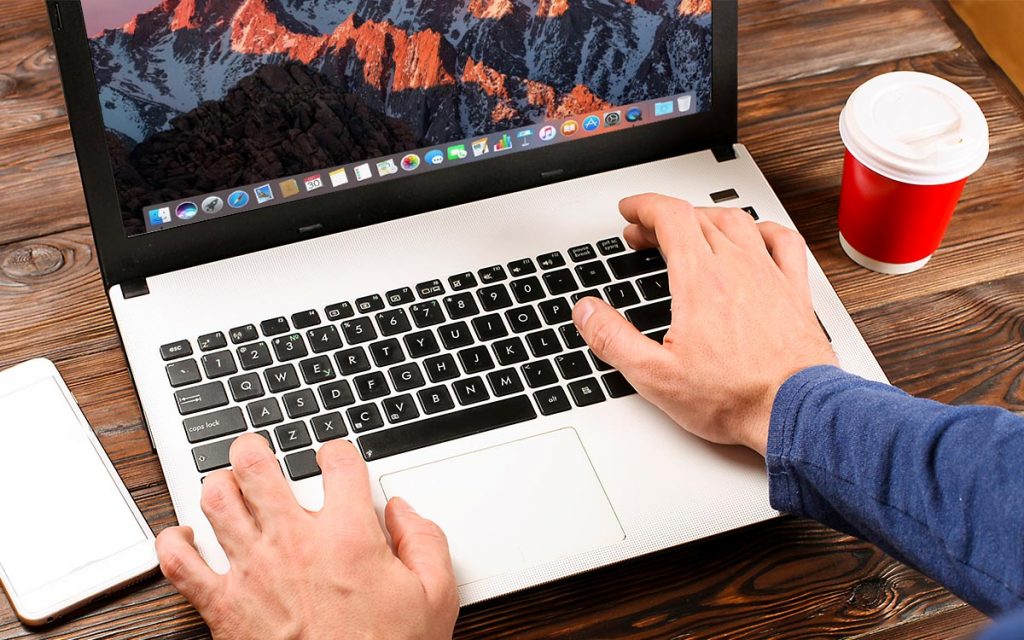


Since Apple prides itself on having slim laptops, especially in the case of the MacBook Air, I reckon Apple is currently hard at work trying to reduce the size of its TrueDepth model. In order to incorporate the component, Apple would either need to makes its MacBook laptops thicker, or try and make the TrueDepth module thinner without compromising on its top-class security. The TrueDepth module that Apple currently requires to enable Face ID is seemingly too thick for the slender dimensions of a MacBook screen. Why bother adding such a controversial feature when you’re not even benefiting from new features such as FaceID?īut as 9to5mac points out, there’s probably a good reason why Apple is yet to introduce FaceID to the MacBook. Many fans of the MacBook Pro were scratching their heads when Apple unveiled the laptop with a notch. Unfortunately, the latest MacBook Pro laptop proves that the emergence of a notch does not guarantee the introduction of FaceID. But does the notch really need to be that wide if Apple only needs space for a single camera? Leaked render for MacBook Air 2022 (Credit: Wccftech)

Macbook ctrl alt delete 1080p#
By adding more space in the screen bezel, Apple is able to fit a larger camera with a 1080p resolution.
Macbook ctrl alt delete 720p#
This would admittedly make a lot of sense, as most Windows laptops with slim screen bezels are limited to a 720p webcam, which makes video capture look noticeably more fuzzy. The only reason why I think Apple would want to add the notch to its MacBook line-up is so it can make enough space for a FaceID camera module.Īpple may counter this theory by suggesting it’s added the notch for the sole purpose of improving the quality of the MacBook’s webcam. So could Apple be introducing this sought-after feature in 2022? Possibly! New renders have seemingly leaked (via Wccftech) for the MacBook Air 2022, and show that the laptop could feature the controversial notch. Unfortunately, Apple is yet to introduce this feature to any of its Macs, despite Microsoft already enabling a similar feature ( Windows Hello) on several different laptops. It essentially has the same functionality as TouchID, but is far more convenient since you simply need to look at the camera to bypass passwords screens, resulting in a more seamless experience. By using FaceID, you can log into your device and approve purchases without needing to enter a password. If you’re not familiar with this technology, FaceID is a security feature that uses a camera array to scan your face to ensure it’s you using the laptop, and not some stranger with nefarious purposes.


 0 kommentar(er)
0 kommentar(er)
